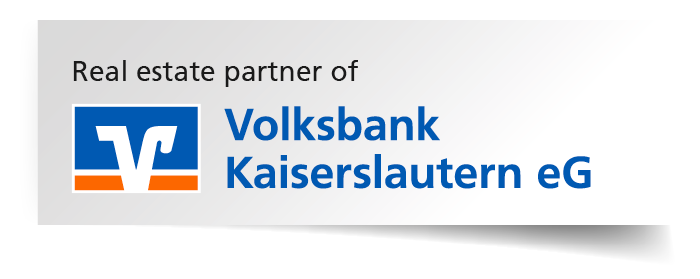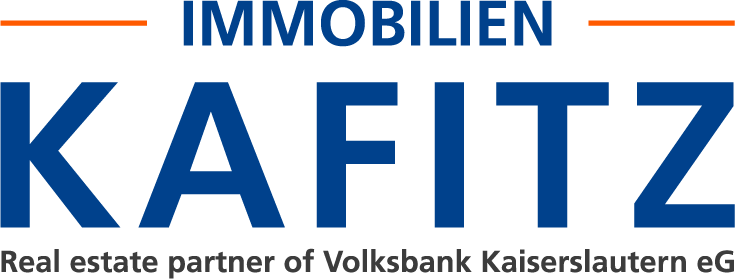Explanation
Differences do exist between German and American houses. If you understand these from the start, it will help make your German house- or apartment-hunting a more positive experience.
The initial challenge is determining size. Europeans measure their houses in square meters and it can be difficult at first to visualize how that translates to square feet. A square meter is 10.863 square feet, but the easiest thing to do when you are looking at German houses is simply multiply the square meters by 10. Even though your actual square footage will be a bit more, that number gives you a rough idea of how big the house is.
While built-in kitchens are not standard in Germany, they are becoming more common.
You are more likely to find built-in kitchens in newer houses than in older houses and apartments. That said, most houses rented to Americans have built-in kitchens. Look for EBK (eingebaut Küche) in the listings to find a built-in kitchen.
Built-in storage space (particularly closets) is very rare in Germany. Plan on purchasing (or borrowing) wardrobes for the bedrooms and some type of storage cabinets for the bathrooms and laundry room.
German houses most often have tile, hardwood or laminate flooring rather than carpeting.
Some houses, but not all, have separate laundry rooms. Hook-ups for appliances are 220V for the dryer but cold water only for the wash machine as European washers heat the water internally.
Some houses – again, most often the newer ones – do have a garage. However, they are usually smaller than the typical American garage and storage space for outside things – lawn mowers, rakes, children’s toys – is more limited.
The rental and buying process is different, as well. The American multilist system does not exist; each agency lists, sells and rents only their properties. This is a good reason to choose Kafitz Real Estate as we have one of the largest property databases in the region.
A Kaltmiete (cold rent) price is the rental price without utilities. The renter usually pays an additional pro-rated monthly fee (Nebenkosten) to the landlord for water, trash removal and the yearly chimney cleaning (which is required by German law) and pays electricity and gas directly to the utility companies.






 We’re members of ivd
We’re members of ivd